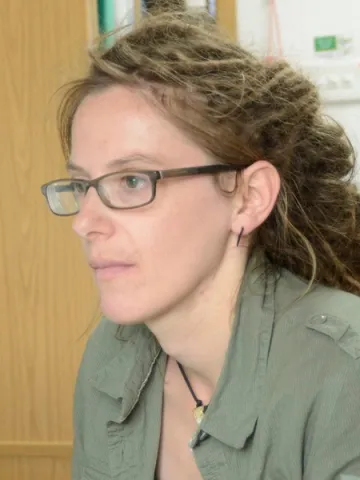About the project
Satellite data allow the assessment of historic coastal change in the context of natural variability at a global scale. However, data resolution and types continually evolve, and no one data type or analysis can fully describe key coastal environments (i.e. topography, bathymetry, and hydrodynamics).
While the UK is rich in coastal observations, this is not the case everywhere. Even in observation rich environments, data are rarely automatically combined to provide a full picture of the coast. Finding integrated Earth Observation (EO) solutions to quantify trends in coastal change, identify tipping points in the coastal state, and produce early warning of vulnerability, will support authorities as they strive to deliver sustainable management plans and healthy ecosystems. New algorithms to integrate disparate observations are vital to enable incorporation of evolving bathymetries and habitats into coastal models, used to assess natural and anthropogenic hazards. Developing techniques using UK sites provides the necessary validation data to confidently understand the uncertainties.
This PhD aims to integrate different EOs over regional and global scales to deliver real-time monitoring and early warning of (adverse) coastal change in a world striving to build coastal climate resilience, and to a better understand global variability in coastal change trends.
For full project details visit the Inspire project page.
Supervisors:
- Charlie Thompson (University of Southampton)
- Christine Sams (National Oceanography Centre)
- Clive Neil (National Oceanography Centre)
- Paul Bell (National Oceanography Centre)
- Jenny Brown (National Oceanography Centre)
